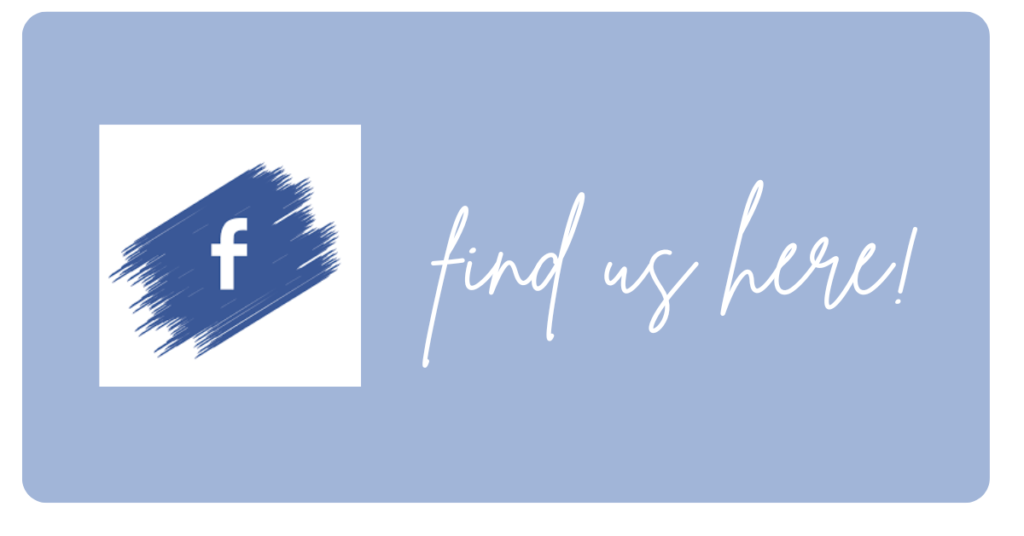What You Might Not Know About Your School Counselor (but probably should!)

As much as we love summer, inevitably the words “back to school” have to enter the conversation.
I know. I feel for you, too. I feel for me even, as a mom, because I so love the extra time with my own kids.
But the time comes for us all, whether we are ready or not.
And so we thought it might be helpful to do a series of posts helping you know how to connect with the resources at your school, and especially your school counselor.
But first, I hope you’ll indulge me a quick story.
I became a school counselor because my school counselor, despite what I want to believe are very good intentions, gave me horrible advice.
I won’t throw him under the bus by sharing the entire story (even though it may or may not have helped me lose a couple years of my life going in the wrong direction, lol), but I share this simply to say that I know first hand why sometimes school counselors are misunderstood and sometimes get a bad rap.
School counselors are human, and they work within many many constraints, but the reason they do the work that they do is because they want you to succeed, and to do so with your mental health intact.
That is the first thing you should know about your school counselor: they do care, and they want to support you.
If you don’t dig beneath the surface, it is easy to think that your school counselor knows only how to:
- Administer standardized tests
- Help you build your schedule
- Tell you “no you can’t drop that class”
- Tell you “no you can’t change teachers”
- And
- Stand in the hall during passing periods
To believe that’s all they can do is to waste a really great resource, my friend!

While your counselor may have to do all the above (and more on the “saying no” stuff in a moment), they truly care and want you to go to them if you feel like you need to talk about
- Family issues
- Teacher issus
- Friend issues
- Anything
- Really. Anything, anytime, that’s concerning you.
This is a direct quote from one of the school counselors I spoke with while working on this post series:
“Counselors want to help you strategize and work through social and emotional issues. Yes they have to help with classes, etc, but that’s not their training.”
Your school counselor truly wants to help.
I will say that over and over again.
Try to think about it this way: you know your school counselor isn’t making the big bucks, right? You know educators in general don’t do it for the money, right?
They are there because they care.

They are your advocate. They want to help.
I did the job for years, and my favorite part of the job was when I actually was able to do what I went to school to do!
Which brings us to another very important point: your counselor has at least a master’s degree (going beyond regular college) in counseling.
Counseling. Not Schedule Changing 101.
I actually trained to do both mental health counseling (therapy) and school counseling, and the truth is- the degrees are very, very similar.
The coursework that your school counselor took? It was about counseling. How to care for and support your mental health.
The main differences between learning to become a therapist in a mental health facility and learning to become a school counselor?
A couple of different classes, and the practical real-life experience called practicum and internship.
That’s it!
School counselors are trained as counselors first.

It is when they get on the job that they learn the graduation requirements for their state, how to use the scheduling software, how to write letters of recommendation, and what colleges are looking for.
But every (or at least most) school counselor went and got that additional two years after college (or more) because they care about the well-being of students.
Which brings us to another thing you should know about your school counselor:
When they have to say “no” they hate it, but they really and truly have to do it.
They hate that you can’t change your class after the schedule change deadline. They wish they could help you. They really do.
They hate that you think your teacher hates you (or you hate them), and they wish they could find a solution as simple as just swapping you out of that class.
But in every school- from the school with the graduating class of 35 to the school with the graduating class of 1400- operates with a system.
And that system puts constraints on what changes can be made.
There is only so much room in classes.
There are master schedules.
Sometimes there is a conflict and you have to choose between two classes you love, and wind up swapping one out for a class you really are not looking forward to.
Your school counselor has to operate within the system.
Which means that, even if you hate it, they may have to say no.
And the last thing you should know about your school counselor (for now… more to come in future posts):
They are human, and they feel the stress too.
When I worked as a school counselor, I remember that by the time Labor Day weekend rolled around, all I wanted to do was try to sleep hard, veg out, and recover from the first few weeks of school.

Fielding schedule change requests, frustrated students, frustrated teachers because their classes are overbooked, etc.- it’s a lot.
So, while you’re feeling the challenges of adjusting to the new school year, just know: they are too.
So I guess that’s actually the last thing you should know about your school counselor:
They care deeply about your well-being. And they are doing their best!
With all that said, it’s important that you know that not only is your school counselor there for you, but Ready to Hope is as well.
The beginning (and the middle, and the end for that matter) of the school year is hard for everyone, and our workshops and other offerings are geared to help you.
We want to be a support system for you and help you feel connected and confident.
You can hop on our email list below, or follow our Instagram, also below, to find out when our next workshops and events will be held!
And until next time just a friendly reminder: we are here and want to hear from you. Reach out anytime for anything, by shooting an email or a message on Instagram.



